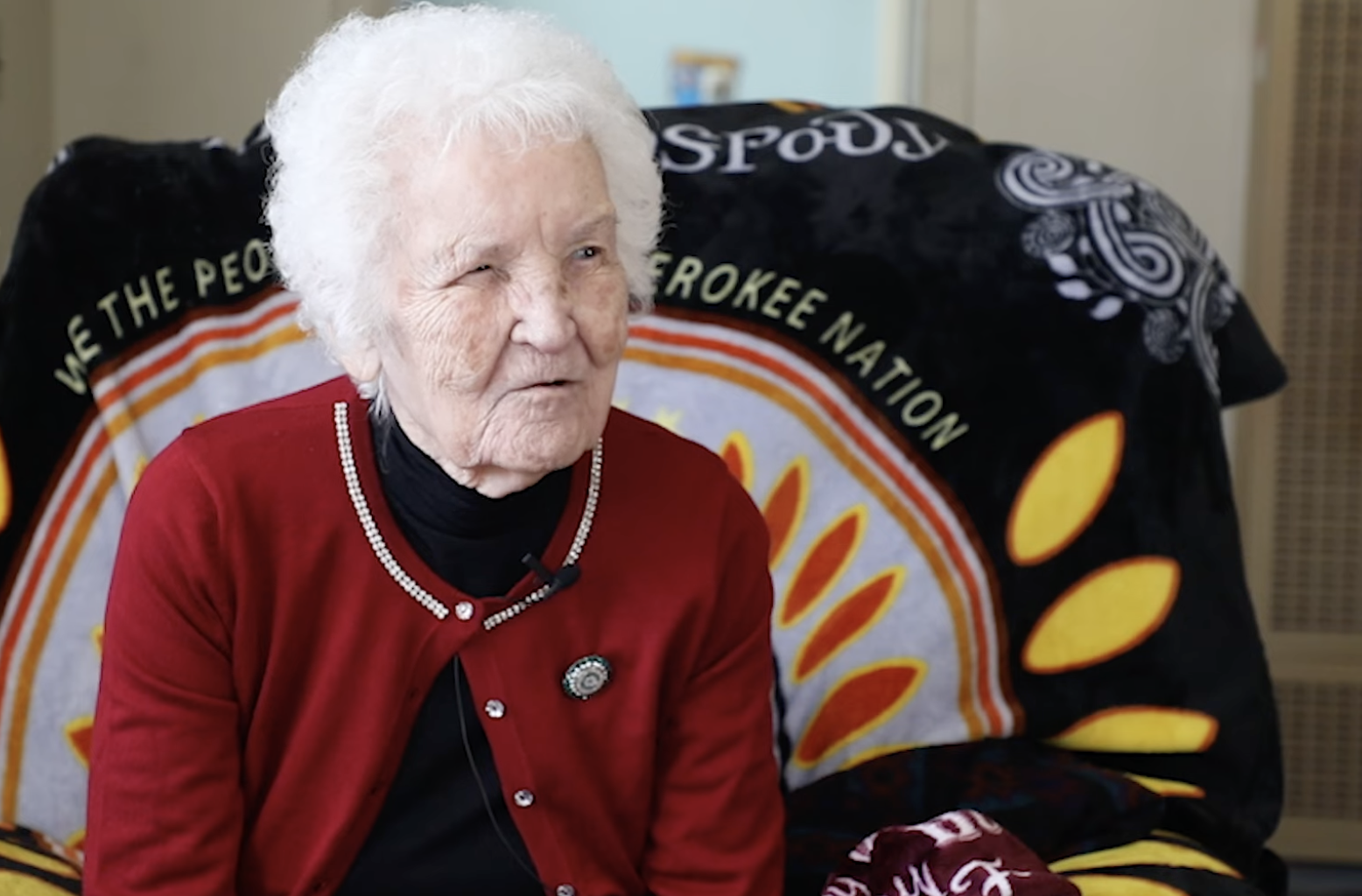
- Details
- By Chuck Hoskin Jr
Guest Opinion. I recently had the honor to stand before the Cherokee Nation, alongside Deputy Chief Bryan Warner and men and women of the Council of the Cherokee Nation, to take our oath of office, vowing to defend the tribe’s Constitution and preserve our unique culture. Inauguration Day is a moment to recognize the deep connections that bind us as a free people, honor the generations of Cherokees who came before us, and celebrate the renewal of our cherished democracy.
Today, we proudly stand as one of the world's oldest democracies. Across three centuries, our democracy has been tested and, at times, suppressed. Through it all, the Cherokee Nation has bent, but it has never broken. That is a testament to our resilience and our enduring commitment to self-determination and our inherent sovereignty.
 Make A Donation Here
Make A Donation Here
In relative terms, we are an old democracy. But Cherokee Nation is a young nation in the best sense of that phrase. We are a young nation that has endured so much, but we are restless to prove that our tragedies pale in comparison to our triumphs. We are a nation with so much potential, so much greatness within our people, so much ambition and so much to prove.
This century can be a golden one for the Cherokee Nation. Thanks to the efforts of the Cherokee people, we are poised to end the first quarter of the 21st century more secure in the blessings of liberty, more secure in our collective prosperity and more secure in our sovereignty than any time in the past 500 years.
Now it falls upon us to continue the progress of our ancestors. This can be a century in which we build a great Cherokee society. We can include every Cherokee no matter where they live. We can build an economy that enables young Cherokees to undertake any career, anywhere in the world, achieving their dreams while giving back to our people and our reservation.
In this great Cherokee century, we can move from a health care system that leads Indian Country to a system of wellness that leads the world. We can ensure our communities are places where elders are honored and respected, where children are safe and happy and where the air, land and water are clean.
The last few centuries have seen a purposeful and effective assault on Cherokee language and culture. But thanks to our policies, our investments and the unyielding spirit of the Cherokee people, we are in the midst of a renaissance of Cherokee art and culture and a resurgence of our language. We are telling the world the Cherokee story as only we can tell it.

To realize the complete restoration of our language, culture and heritage in this century, we must all do our part. We must also stay vigilant to protect and defend the sovereignty of the Cherokee Nation. We must work to ensure that in this century, we can say, at long last, that the United States has kept its promises to the Cherokee Nation.
Sadly, some leaders hold to the outdated view that restoring Cherokee sovereignty comes at someone else’s expense. Some want to arrange this country’s politics around who we should hate and fear. They want to tell us whose history we should whitewash and whose identities we should erase. This way of thinking is not the Cherokee way. It is at odds with our culture.
Cherokee culture teaches us to lift each other up, and those values have never been needed more. Instead of division, we can stand as an example of unity, because Cherokee Nation is the best friend Oklahoma and the communities within our 7,000-square-mile reservation have ever had. We just need to be treated with respect.
As we navigate this century, I promise to give my utmost dedication to our shared cause. It's a journey that spans generations, and we are merely stewards of offices that belong to the people of this young, great and vibrant nation. Each day is a precious opportunity to simply do our part.
Together, we are building a society that reflects Cherokee greatness, using something even more powerful: our Cherokee goodness. By being good to each other, good to our friends and neighbors, we will move boldly and wisely into this great Cherokee century.
Chuck Hoskin, Jr. is the principal chief of the Cherokee Nation.
More Stories Like This
Disrupting Poverty Through OpportunityMarmot Day (Ground Hog Day) and the (Lack of) Law
Sanctuary Cities Under Siege: When Federal Power Becomes a Weapon Against the People
Denmark's Genocidal Practices in Greenland
Cherokee Nation Stands Against Predatory Lending
Help us defend tribal sovereignty.
At Native News Online, our mission is rooted in telling the stories that strengthen sovereignty and uplift Indigenous voices — not just at year’s end, but every single day.
Because of your generosity last year, we were able to keep our reporters on the ground in tribal communities, at national gatherings and in the halls of Congress — covering the issues that matter most to Indian Country: sovereignty, culture, education, health and economic opportunity.
That support sustained us through a tough year in 2025. Now, as we look to the year ahead, we need your help right now to ensure warrior journalism remains strong — reporting that defends tribal sovereignty, amplifies Native truth, and holds power accountable.
 The stakes couldn't be higher. Your support keeps Native voices heard, Native stories told and Native sovereignty defended.
The stakes couldn't be higher. Your support keeps Native voices heard, Native stories told and Native sovereignty defended.
Stand with Warrior Journalism today.
Levi Rickert (Potawatomi), Editor & Publisher
